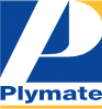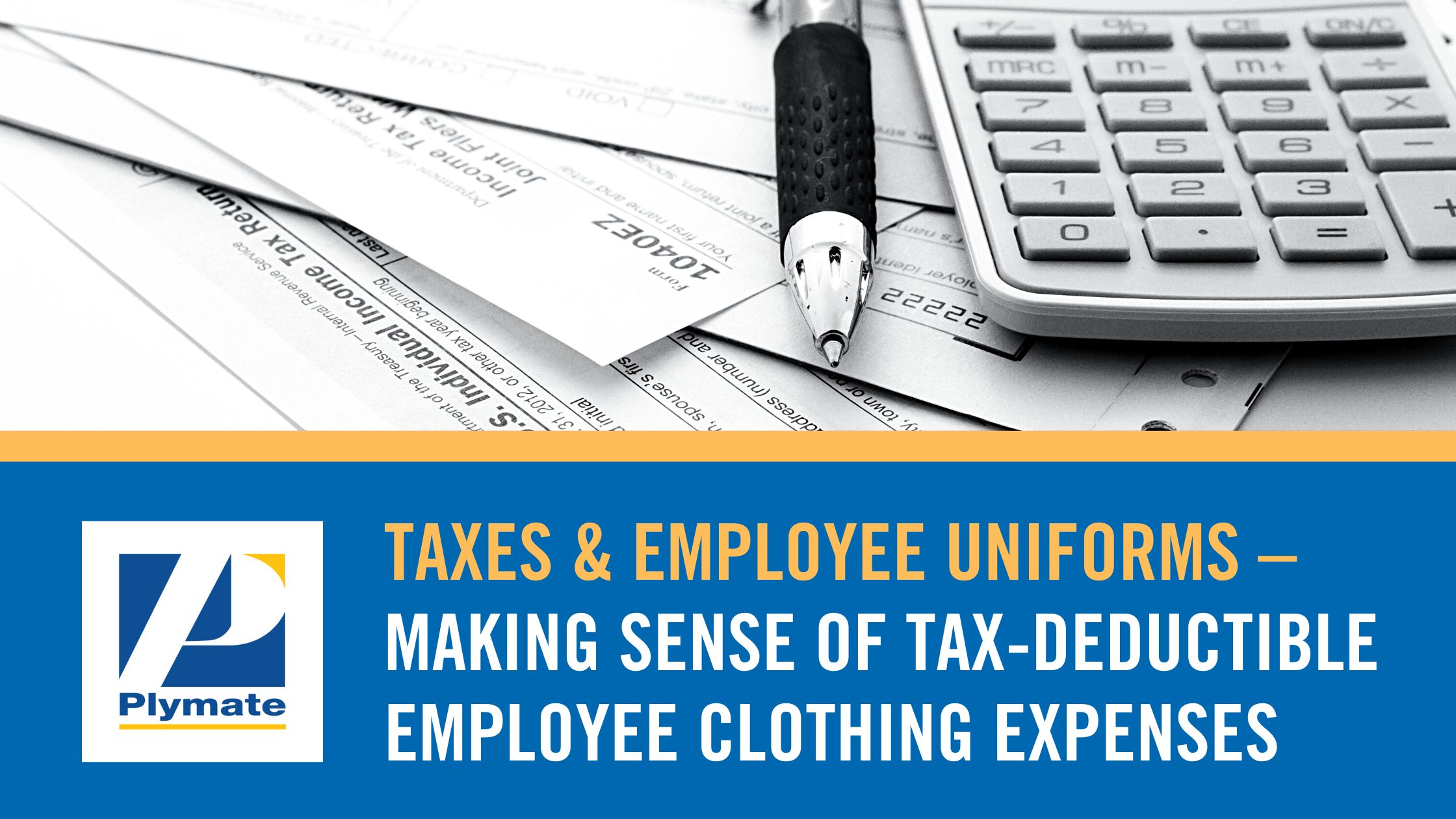Taxes & Employee Uniforms – Making Sense of Tax-Deductible Employee Clothing Expenses
There is no doubt that taxes must be paid each year, but what comes into question is what business expenses you can deduct. Sure, some are obvious (sorry, you can’t deduct your family vacation because you took a business call from the beach), but other deductions have more gray areas – and employee clothing is one of them.
Employee uniforms are likely a significant enough business expense that it’s worth exploring what you can and can’t deduct. It is essential to know the tax rules that apply to your specific industry and to consult with a tax professional to determine which expenses are tax deductible. This article gives an overview of what employee uniforms and other employee clothing you can deduct.
Understanding Business Expenses and Tax Deductions
Business expenses are costs that are incurred while running a business. These expenses can be tax deductible, meaning they can be subtracted from a business’s taxable income, reducing the amount of tax a business owes.
Business expenses are generally deductible if they are ordinary and necessary for the business. This means they are common and accepted in the industry and are helpful and appropriate for the business.
Clothing Purchases That are Tax Deductible
The item must be distinctive and unsuited for everyday wear to deduct the cost of employee uniforms or work clothes. If a garment qualifies, in addition to the cost of the garment, you can deduct the cost of branding and the cost of cleaning and upkeep.
Protective Clothing
Protective clothing is any clothing specifically designed, treated, or fabricated to protect personnel from hazards caused by extreme environmental conditions or a dangerous work environment. All required protective clothing is deductible. This includes high-visibility workwear, fire-resistant workwear, lab coats and scrubs, and protective garments for food preparation.
Employee Uniforms Required for Work
Employee uniforms, including industrial work shirts, coveralls and shop coats, and industrial work pants, are likely tax deductible since they are unique clothing items required for work and are not suitable for everyday wear. If you provide work shirts, polo shirts, or dress shirts with your company logo and require employees to wear them to work, it is considered distinctive and, therefore, deductible. Some clothing items will fall into the gray area here; for example, a non-branded denim work shirt is suitable for everyday wear.
Promotional Clothing
Clothing branded with your logo is deductible as a promotional expense if you’re giving away the items and not selling them. For example, if you print shirts with your company logo and give them away to customers, they are considered an advertising expense that can be written off.
Clothing Purchases That Are Not Tax Deductible
If an item can be worn as everyday wear, it is not tax deductible. For example, khaki pants, slacks, suits, and dresses, even if they are part of the company uniform, are not tax deductible as they can easily be worn outside the work environment. Keep in mind unbranded garments that could be considered everyday wear, even if they are designed for work, are more likely to fall into the non-deductible category.
How to Claim Tax Deductions for Business Clothing Expenses
You must keep proof of your purchases, such as invoices or receipts, to claim tax deductions for business clothing expenses. It is also important to determine each item’s percentage of work-related use.
To claim the deduction on your tax return, you will need to itemize your deductions, and you will also need to provide documentation to support your claim. Be sure to take note of the limits set by the IRS and make sure you stay within them.
Tax deductions for business clothing purchases can help reduce the overall tax burden for a business. However, it’s important to keep good records and understand what is and is not deductible to maximize these benefits.
The right uniforms can improve employees’ professional appearance, enhance customer service, increase safety, boost employee morale, and reduce employee clothing costs. Plymate can help design an employee uniform program that maximizes your budget. In addition, we provide clear communication and straightforward invoicing so you can easily track and manage your uniform expenses.
Contact us today to explore what a uniform program from Plymate looks like for your business!
*The content of this blog does not qualify as legal or accounting advice. You should consult a qualified tax professional about the specifics of your business.

